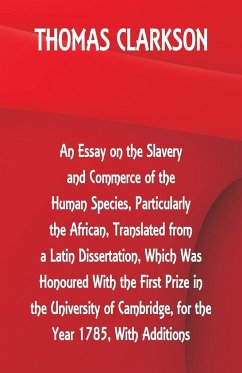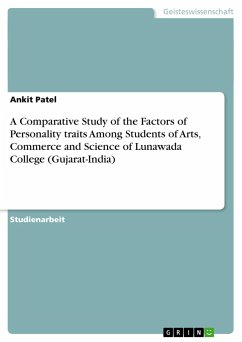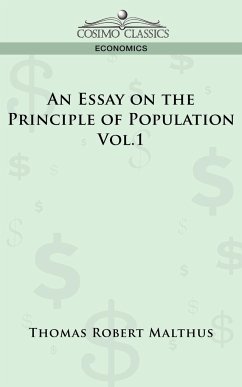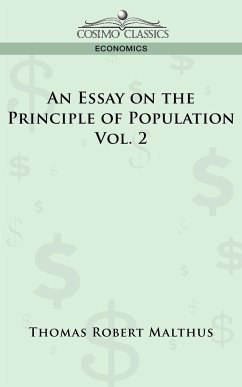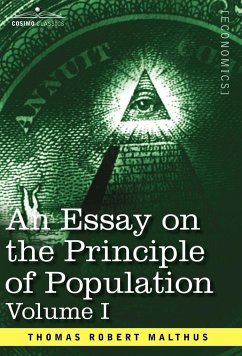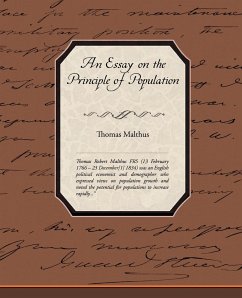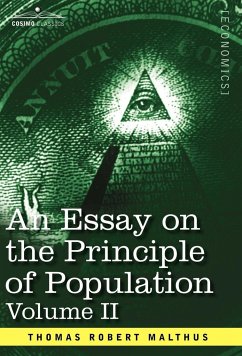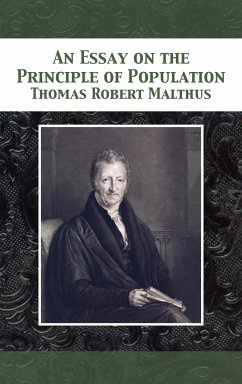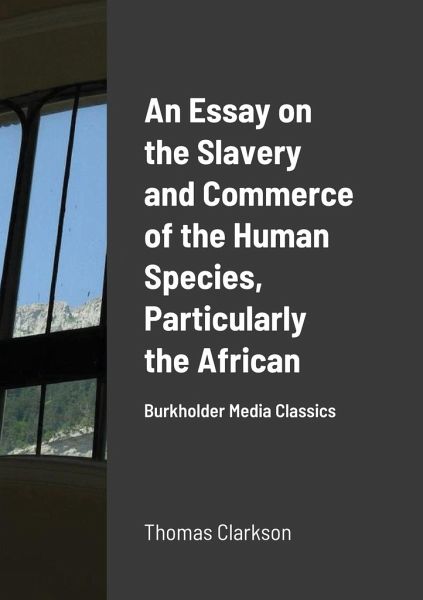
An Essay on the Slavery and Commerce of the Human Species, Particularly the African
Burkholder Media Classics
Versandkostenfrei!
Versandfertig in über 4 Wochen
12,99 €
inkl. MwSt.
Weitere Ausgaben:

PAYBACK Punkte
6 °P sammeln!
When civilized, as well as barbarous nations, have been found, through a long succession of ages, uniformly to concur in the same customs, there seems to arise a presumption, that such customs are not only eminently useful, but are founded also on the principles of justice. Such is the case with respect to Slavery: it has had the concurrence of all the nations, which history has recorded, and the repeated practice of ages from the remotest antiquity, in its favour. Here then is an argument, deduced from the general consent and agreement of mankind, in favour of the proposed subject: but alas! ...
When civilized, as well as barbarous nations, have been found, through a long succession of ages, uniformly to concur in the same customs, there seems to arise a presumption, that such customs are not only eminently useful, but are founded also on the principles of justice. Such is the case with respect to Slavery: it has had the concurrence of all the nations, which history has recorded, and the repeated practice of ages from the remotest antiquity, in its favour. Here then is an argument, deduced from the general consent and agreement of mankind, in favour of the proposed subject: but alas! when we reflect that the people, thus reduced to a state of servitude, have had the same feelings with ourselves; when we reflect that they have had the same propensities to pleasure, and the same aversions from pain; another argument seems immediately to arise in opposition to the former, deduced from our own feelings and that divine sympathy, which nature has implanted in our breasts, for the most useful and generous of purposes. To ascertain the truth therefore, where two such opposite sources of argument occur; where the force of custom pleads strongly on the one hand, and the feelings of humanity on the other; is a matter of much importance, as the dignity of human nature is concerned, and the rights and liberties of mankind will be involved in its discussion.




